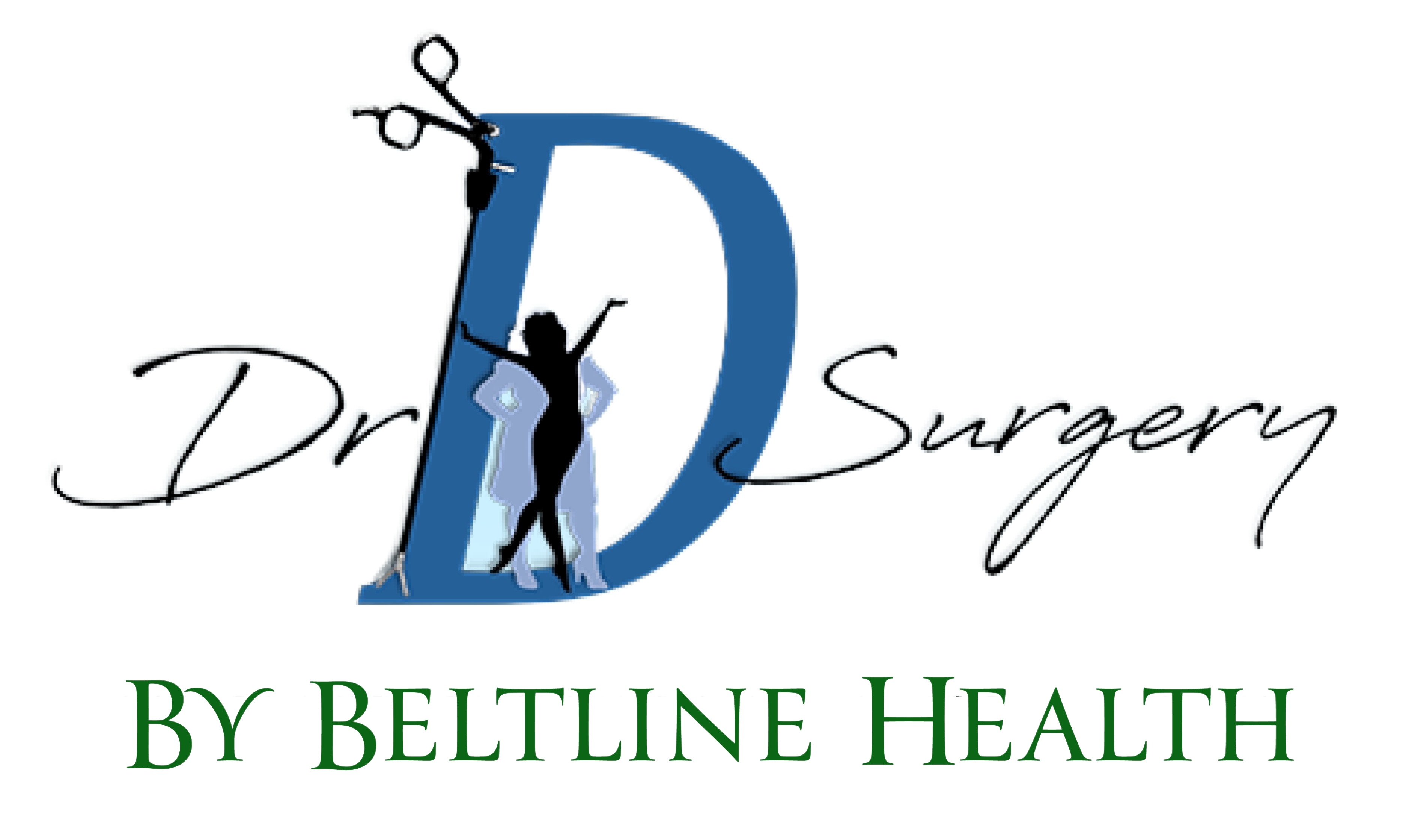GERD
Did you know heartburn can lead to cancer?
Over time, heartburn, also known as acid reflux can lead to a more serious condition, even cancer. You may be at increased risk of developing esophageal disease if you have 3 or more of the following risk factors:
GERD
What is GERD?
Also called acid reflux, heartburn or gastroesophageal reflux disease, GERD occurs when stomach acid or bile flows upward into the esophagus or food pipe and irritates the esophageal lining. Many people have this condition occasionally, but it’s not considered GERD unless it occurs more than twice weekly. According to the Mayo Clinic, the most common signs and symptoms of GERD include:
Are you at risk?
- Chest pain
- Difficulty swallowing
- Burning pain in chest (heartburn), often after eating, may be worse when lying down
- Regurgitation of food or sour liquid
- Sensation of a lump in your throat
GERD is treatable
The good news is that GERD is a treatable disease. If treated properly, there are usually no more serious complications. People diagnosed with GERD are strongly advised to avoid fried foods, full-fat dairy products such as milk, cheese and butter, desserts such as ice cream or potato chips, oily or greasy foods, acidic fruits and cream sauces, gravies and creamy salad dressings. People with GERD are advised to eat more vegetables, non-acidic fruits, ginger, avocados and high-quality fiber to help ease their symptoms.
While most people with GERD can manage their symptoms and even resolve their condition through lifestyle changes and over-the-counter medications, some may need more aggressive interventions such as stronger prescription medications and, in some cases, surgery.
Is your heartburn a sign of a more serious condition?
People with BE are at increased risk of developing esophageal adenocarcinoma (EAC), a deadly form of cancer. BE itself doesn’t cause symptoms, so many people are unaware that they have the disease and therefore unaware of their risk of developing cancer. It is estimated that more than 20,640 people will be diagnosed with esophageal cancer and more than 16,410 people will die from the disease in 2022. Early detection and diagnosis of BE and pre-cancerous cells is critical, allowing for surveillance and treatment before lethal esophageal cancer can develop.
